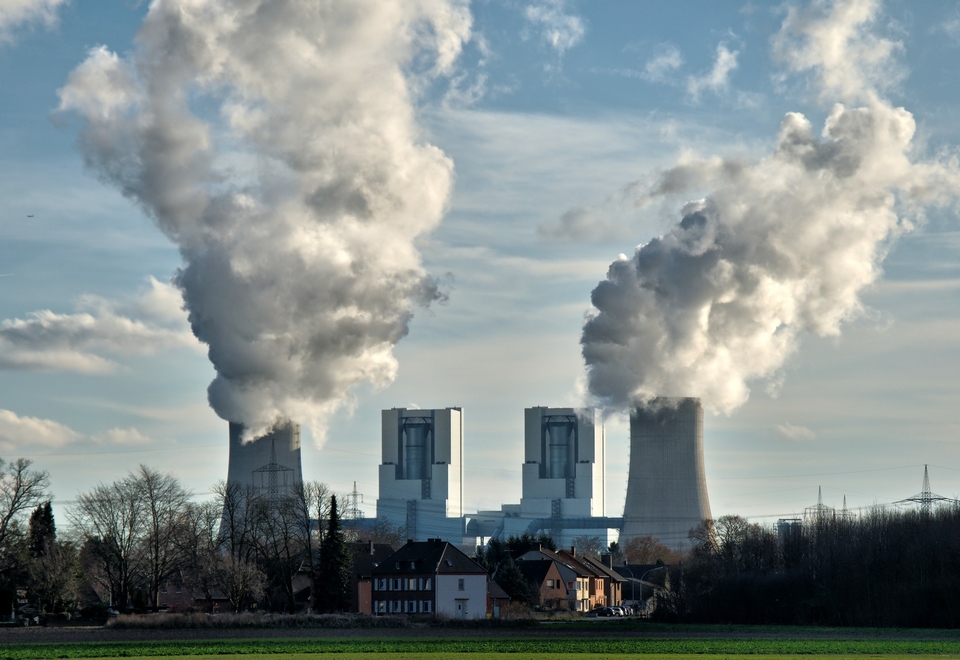One of the world’s leading Energy research organisations, The International Energy Agency (IEA) shared that energy generation from renewable energy sources grew by 16% across the 34 nations of the Organization for Economic Cooperation and Development (OECD) in 2015. A 1% decrease in combustible fuels was also noticed; such as coal, gas, and oil, as well as combustible renewables and waste energy sources.
According to the IEA, the electricity output from geothermal, solar, wind, and other renewable energy sources grew 16% across the Organization for Economic Cooperation and Development (OECD). Specifically, the IEA includes geothermal, solar photovoltaic, solar thermal, wind, tide, wave, ocean, and other non-combustible renewable sources, but excludes large hydro, as is often accepted as standard practice.
In contrast to 2014, the share of OECD electricity generated from renewable sources rose to 21.5%, up from 20.6% in 2014, amounting to 776 TWh, up by 105 TWh. Wind growing by 77 TWh, while solar PV grew by 27 TWh. Production from combustible fuels accounted for 60.3%, with nuclear generation falling by around 0.5%. with a total output of 1,878.9 TWh, down 9.4 TWh. Total OECD electricity production from combustible fuels was 6,189.6 TWh, a drop of 0.9%., or around 56.3 TWh, compared to 2014. Total OECD electricity production from large-hydro in 2015 was 1,424.8 TWh, dropping 12 TWh compared to 2014, or 0.8%.
Notable highlights within the OECD regions include the marginal fall of 2% in electricity production within the OECD Americas region and a growth in renewables of 8.4%. A fall of 1.2% was also noted in OECD Asia/Oceania, thanks to policies implemented in Japan. OECD Europe, however, noted a slight increase of 1.8% in electricity production and a significant almost 20% growth in renewables, with drops in nuclear and large hydro.
All figures are from Key Electricity Trends 2015 published by the International Energy Agency.
